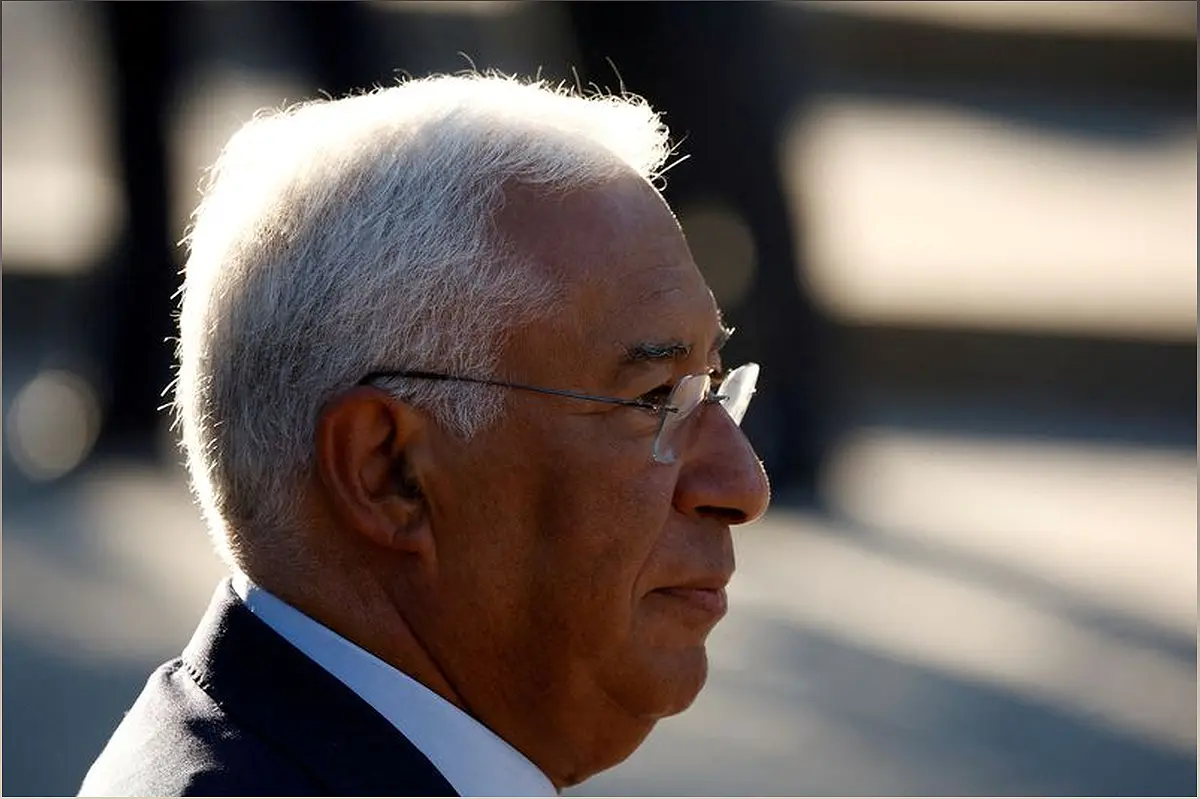Portugal’s Attorney General Responds to Criticism Amidst Prime Minister’s Resignation
Portugal’s Attorney General, Lucilia Gago, has addressed the criticism she faced following the resignation of Prime Minister Antonio Costa. In this article, we will delve into the reasons behind the resignation and the ongoing investigations surrounding alleged illegalities. Discover the Attorney General’s perspective on the matter and the political implications it carries.
Attorney General’s Response to Criticism
Explore Portugal’s Attorney General’s reaction to the criticism surrounding the Prime Minister’s resignation.
Lucilia Gago, Portugal’s Attorney General, has faced criticism in the wake of Prime Minister Antonio Costa’s resignation. However, she firmly defends her position, stating that prosecutors were simply carrying out their duty by investigating allegations.
Gago emphasizes that she does not bear responsibility for Costa’s decision to step down, as it was a personal and political choice made by him. Despite the criticism, she remains committed to presenting the best possible results from the ongoing investigations.

Reasons Behind the Prime Minister’s Resignation
Uncover the reasons that led to Prime Minister Antonio Costa’s decision to step down.
Prime Minister Antonio Costa resigned following an investigation into alleged illegalities related to the government’s handling of lithium and hydrogen projects. The allegations raised concerns about corruption and malfeasance within the government.
While Costa denies any wrongdoing, the pressure and scrutiny surrounding the investigation likely played a significant role in his decision to step down.
Ongoing Investigations and Political Implications
Delve into the ongoing investigations and the potential political consequences they carry.
The investigations into the alleged illegalities in the government’s handling of lithium and hydrogen projects will continue despite the Prime Minister’s resignation. The Attorney General, Lucilia Gago, assures that the investigations will proceed without any unnecessary drama.
President Marcelo Rebelo de Sousa has called for a snap election on March 10th, adding further political implications to the situation. The ruling Socialist Party (PS) has expressed concerns about the strength of the prosecutors’ investigation, demanding a resolution before the snap election.
It remains to be seen how these ongoing investigations and the political landscape will shape the future of Portugal’s government.
